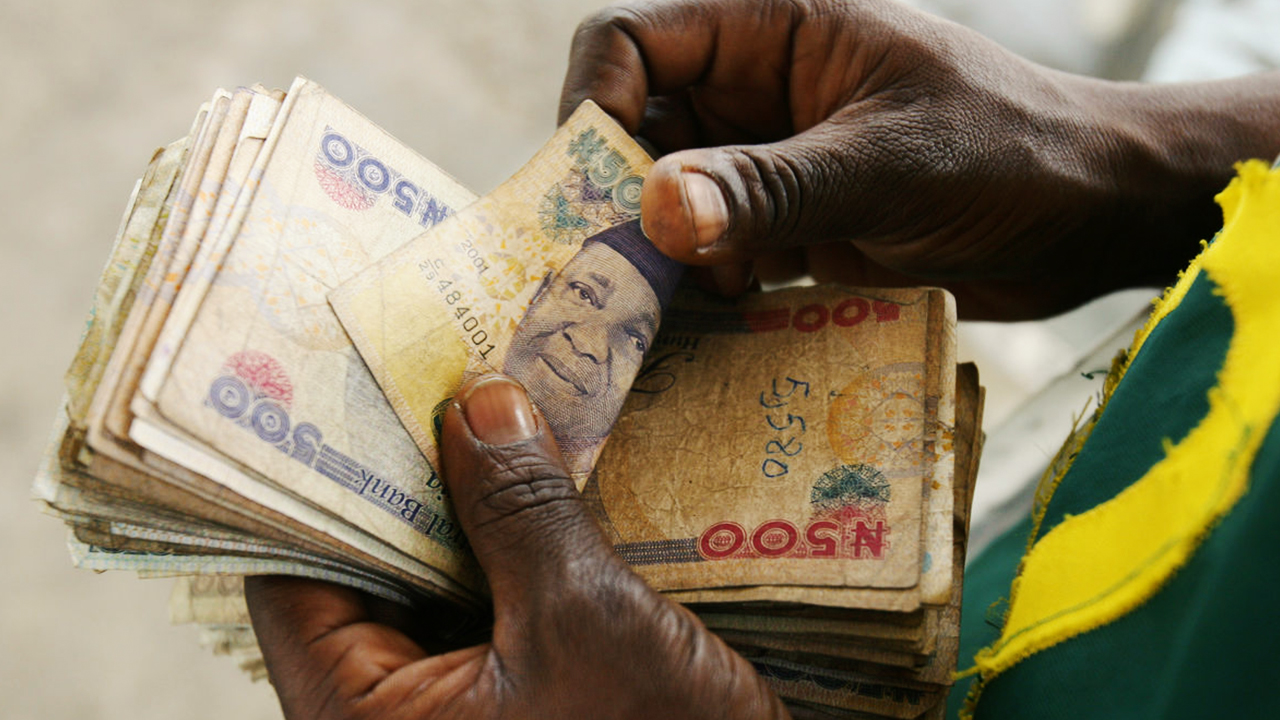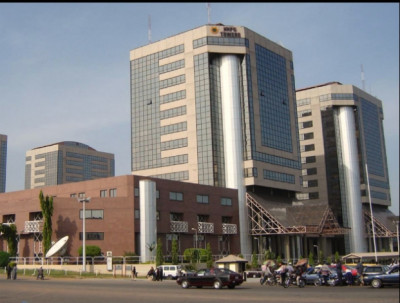The Central Bank of Nigeria has released more old notes to Deposit Money Banks as the apex bank steps up efforts to flood the economy with more cash after a prolonged cash crunch that has made life difficult for millions of Nigerians and residents.
The CBN had on Thursday begun the release of billions of naira to DMBs. Bank officials said the CBN again released several billions of naira to lenders on Friday
The Punch reports how several branches of banks opened over the weekend and dispensed cash to their customers via Automated Teller Machines and over-the-counter.
Some of the banks had sent out emails to their customers notifying them that they would be open over the weekend for banking operations as ordered by the apex bank.
Visits to banks’ branches in Lagos, Abuja, Ogun and other states revealed that most banks complied with the order of the CBN and attended to customers both in the banking hall and dispensed cash via ATM.
Most of the banks’ branches along the Oshodi-Apapa Expressway and Gbagada area of Lagos opened on Saturday and Sunday and subsequently dispensing cash to their customers.
The Access Bank branch at Sadiku Bus stop along the Oshodi-Apapa Expressway dispensed cash via its ATMS.
The United Bank for Africa branch at Oshodi, close to the expressway dispensed cash both in the banking hall and at its ATMs. Customers were able to get N20,000 over-the-counter.
The Access Bank branch next to it allowed its customers to get N20,000 while holders of other banks’’ ATMs got N5,000 only.
Fidelity Bank branch also at Oshodi expressway paid N20,000 inside the banking hall. Of its three ATMs, only one was dispensing, paying other banks’ customers N5,000 and its customers N20,000.
Meanwhile, our correspondent didn’t observe any of the banks dispensing crispy naira notes and customers didn’t care as long as they got the cash.
A taxi driver, who identified himself as Baba Taju, said the kind of naira notes didn’t matter as long as he got some to spend.
“You think that’s important now? What did we do when we couldn’t get any cash? Please any cash is welcome as long as I can spend it,” he said.
Also, customers in the Federal Capital Territory continued to receive naira notes on Sunday.
Some crowds of customers were seen at banks’ ATM galleries while others tried to perform over-the-counter transactions.
Along the airport road, only Guaranty Trust Bank opened for physical operations, Stanbic IBTC loaded its ATMS with cash while Zenith Bank didn’t open for business.
Our correspondent observed that the old N1,000 notes distributed were not crisp ones as officials separated mutilated notes before giving them to customers.
In Ogun State, findings by our correspondent at Zenith Bank, PremiumTrust Bank, GTB, Unity Bank and Access Bank branches in Redemption Camp along the Lagos-Ibadan Expressway indicated that all the ATMs were fully loaded with cash
Our correspondent observed that there were no long queues and after the Sunday service, bank customers were allowed to walk in and carry out their normal transactions.
Also, both old and new naira notes were dispensed.
Along the Ojodu-Berger axis of Lagos State, our correspondent visited six banks. The banks were Union Bank Plc, Ecobank, Access Bank, GTB, Zenith Bank, and First Bank. All six banks, apart from Guaranty Trust Bank did not open their banking halls to customers. ATMs were also not loaded.
The Punch

 News6 years ago
News6 years ago
 Featured6 years ago
Featured6 years ago
 Boss Picks6 years ago
Boss Picks6 years ago
 Headline6 years ago
Headline6 years ago
 Headline6 years ago
Headline6 years ago
 Headline5 years ago
Headline5 years ago
 Headline6 years ago
Headline6 years ago
 Headline6 years ago
Headline6 years ago













